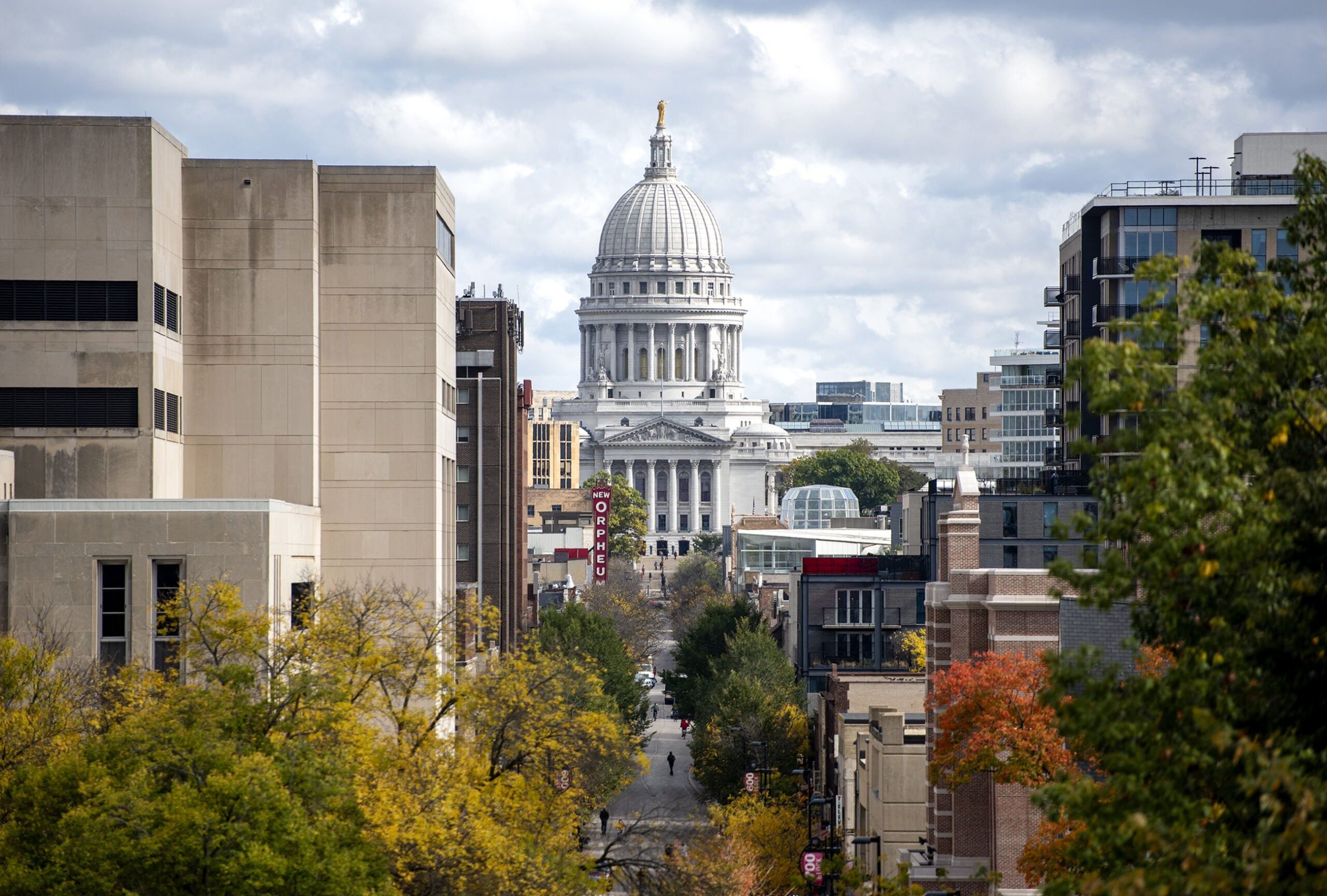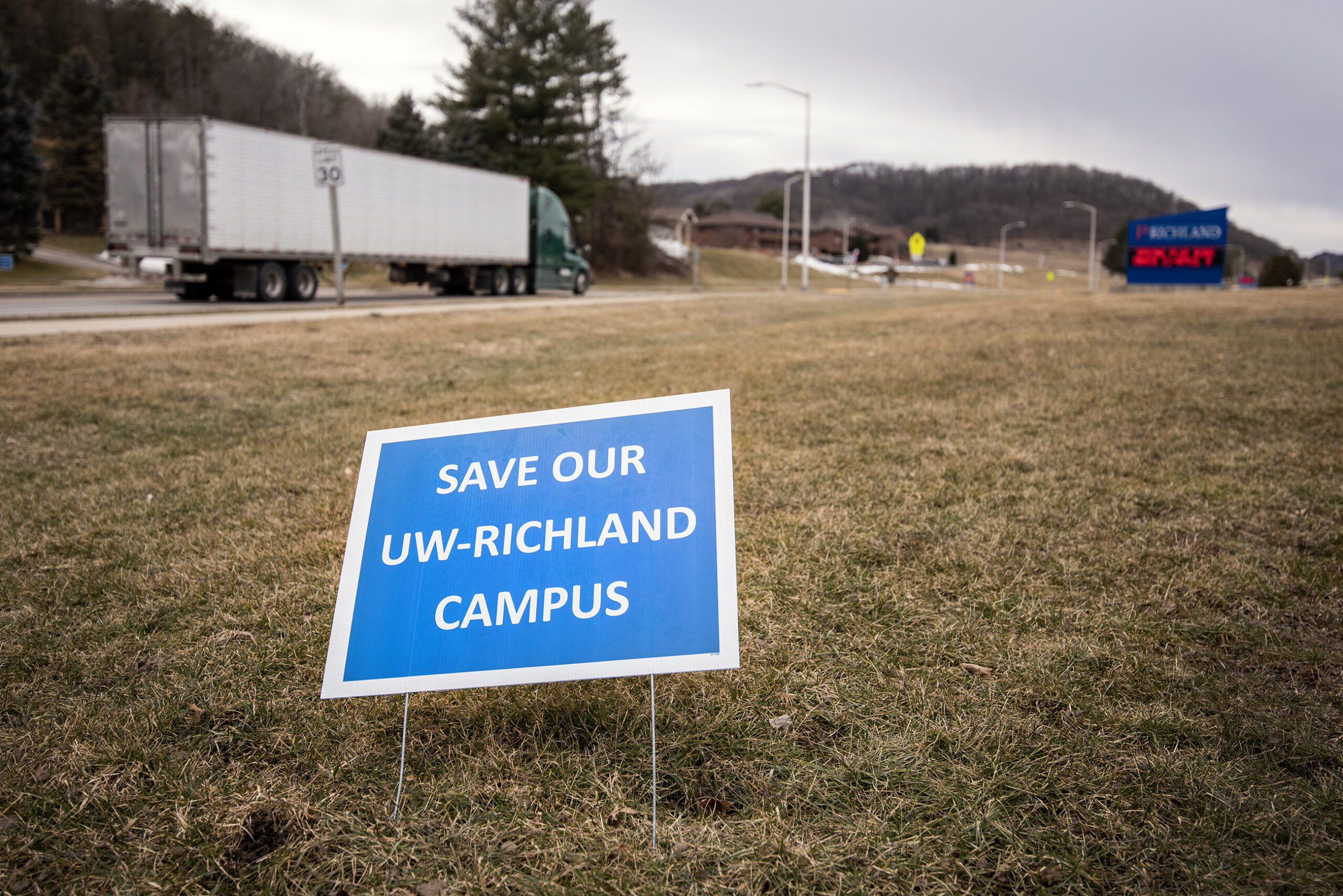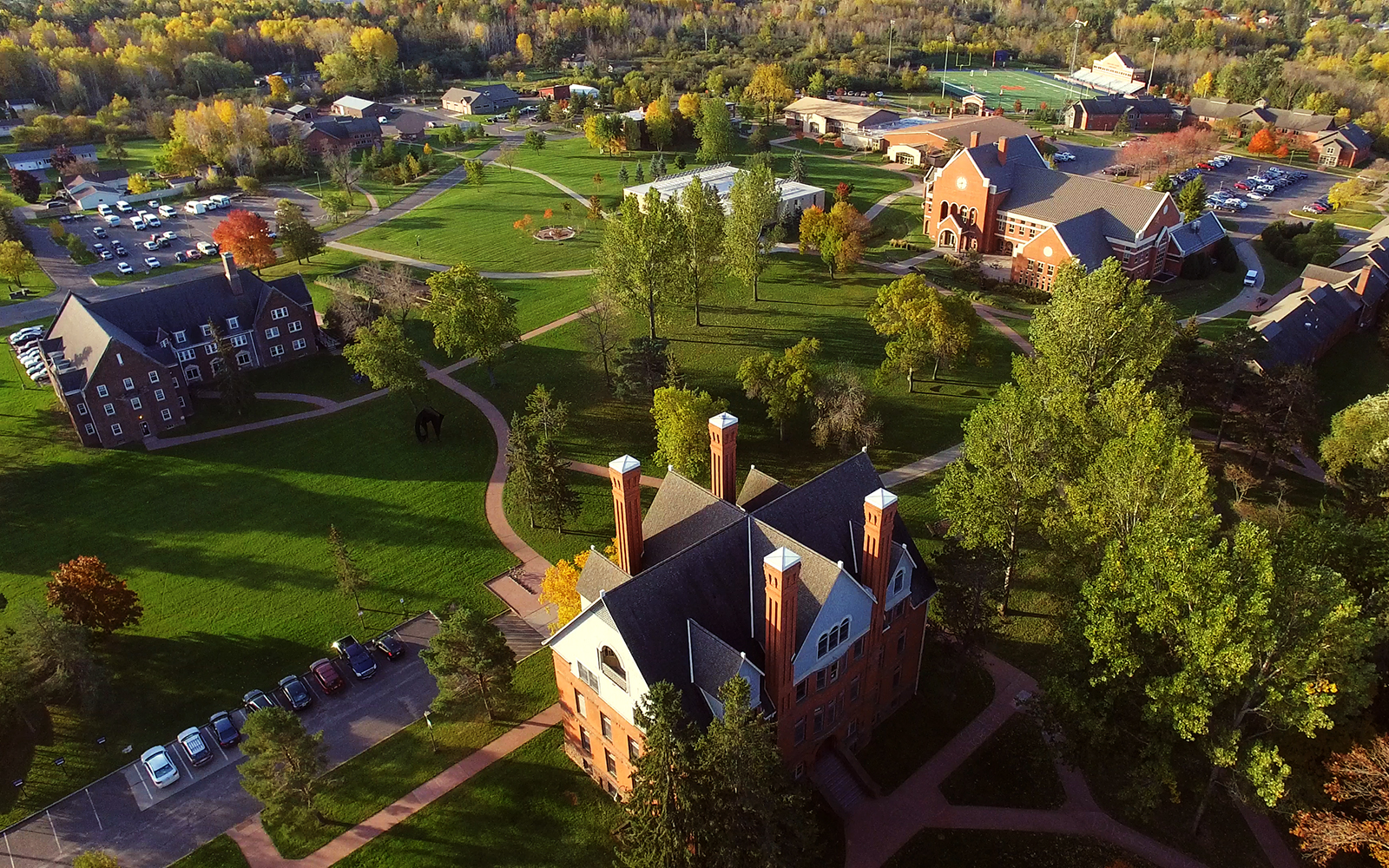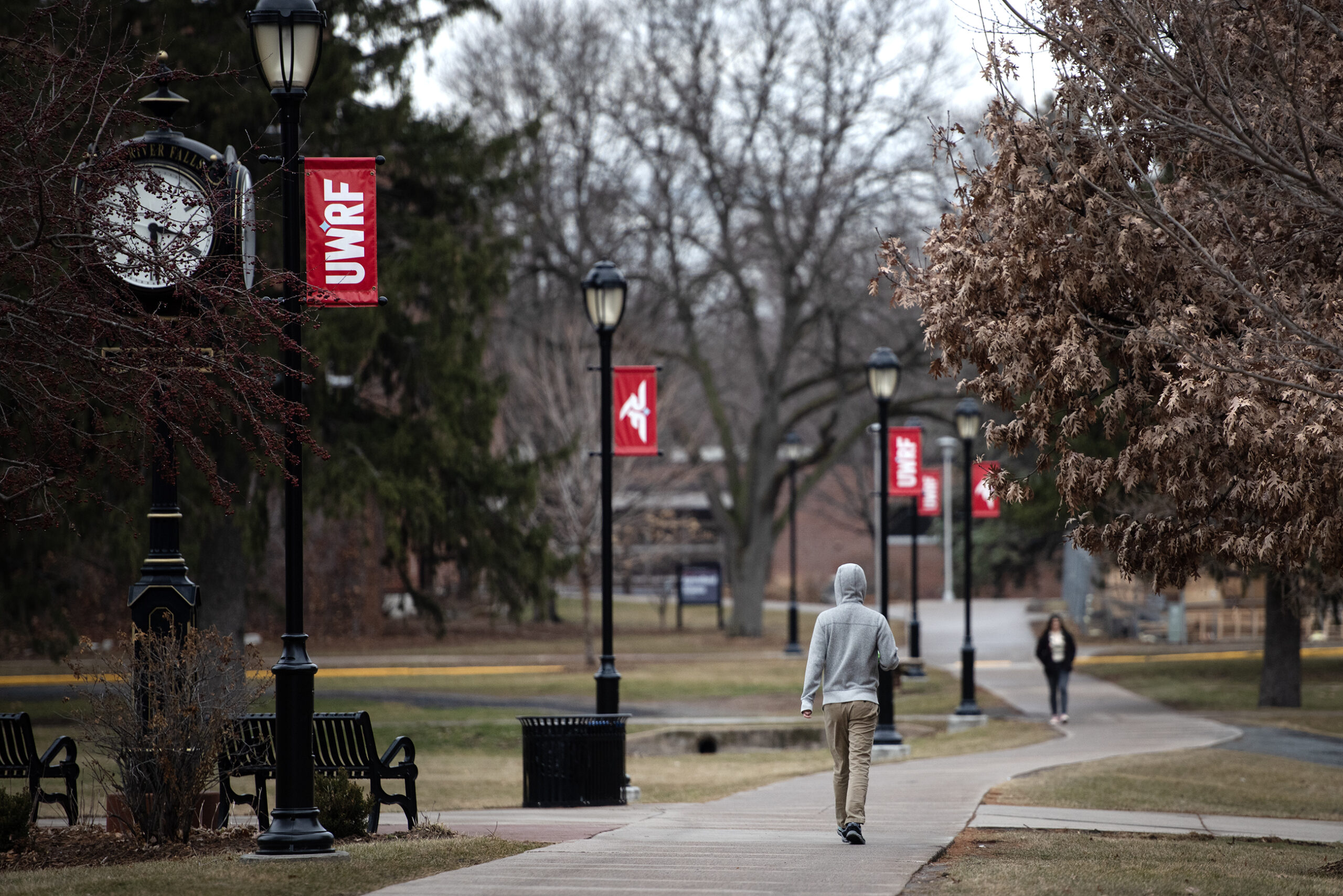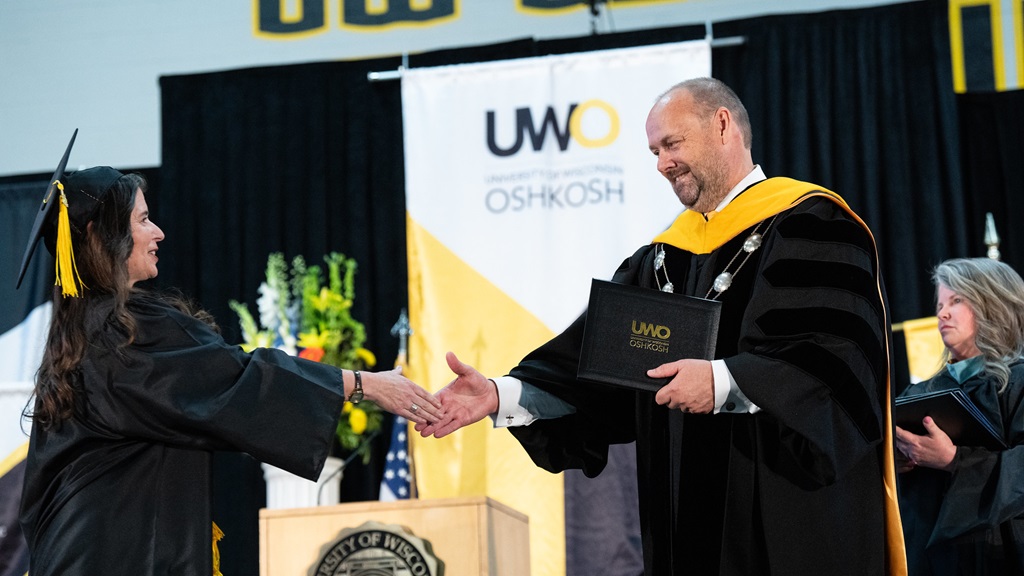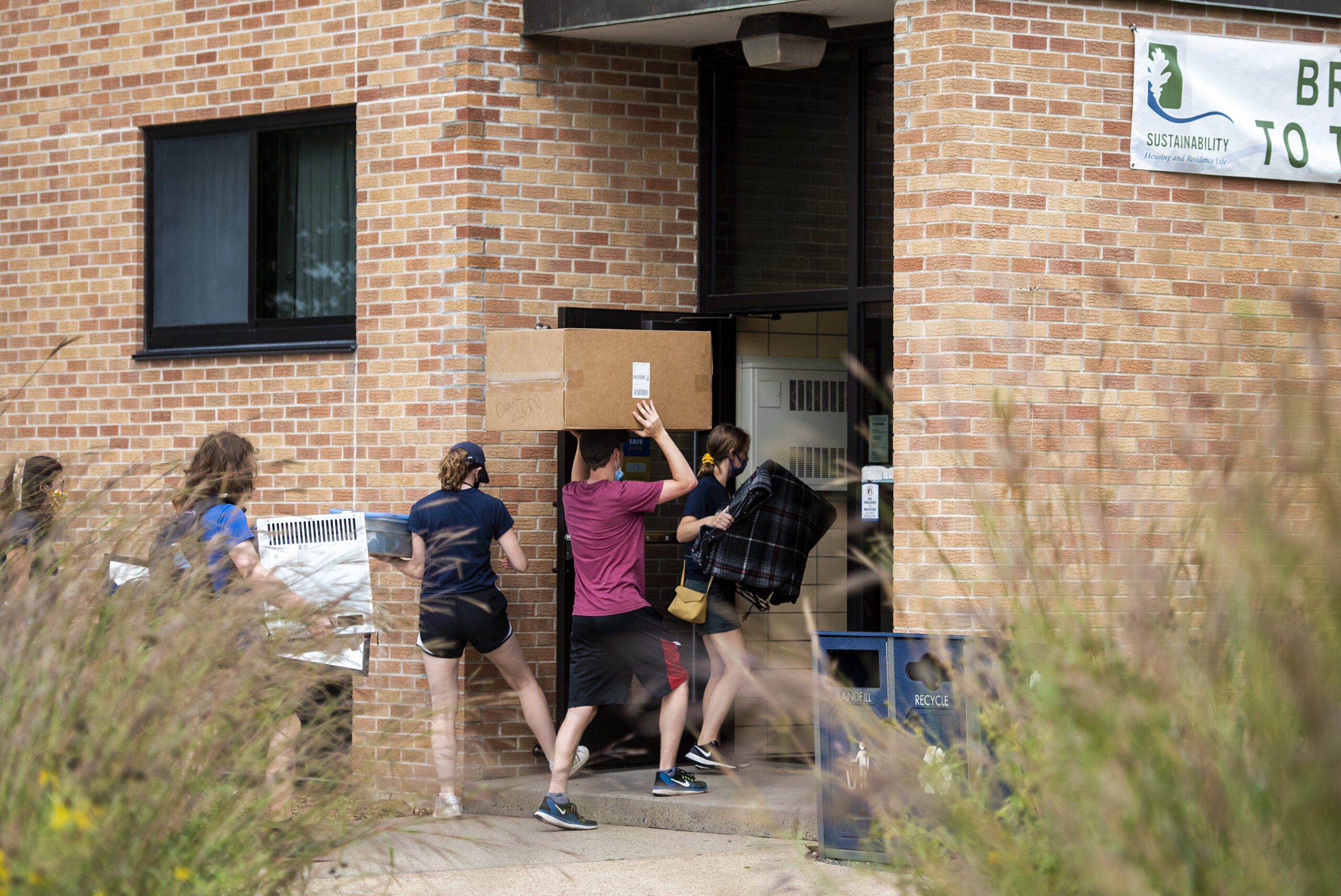An effort to rework a tuition reciprocity agreement with Minnesota that would send millions of additional dollars to Wisconsin universities is gaining momentum with state lawmakers. But as drafted, the legislation could temporarily kill reciprocity if Minnesota officials don’t approve.
Under the decades-old reciprocity agreement, students from Minnesota and Wisconsin pay in-state tuition costs while attending public universities in their neighboring state. Since tuition costs more at Minnesota universities, Wisconsin receives a “differential” that varies based on what tuition expenses are at University of Wisconsin campuses. For example, Minnesota students attending UW-River Falls pay around $5,883 per year, while tuition for Wisconsin students attending the same school is around $3,896.
Under the current reciprocity agreement, any extra money from Minnesota students is sent to Wisconsin’s general fund. This year, a bipartisan group of Wisconsin lawmakers introduced a bill requiring that money to instead be sent to the UW System school enrolling those students from across the border.
Stay informed on the latest news
Sign up for WPR’s email newsletter.
During a public hearing Thursday, UW-River Falls Chancellor Maria Gallo told members of the Assembly Colleges and Universities Committee the shift would have a big impact on her campus.
“Based on the 2021-22 data, UW-River Falls enrolled almost 43 percent of its students from Minnesota, meaning we lost over $4.3 million in earned revenue because of the current outdated reciprocity mechanism,” Gallo said. “That is revenue that could have been reinvested in the university, meeting students’ needs and filling regional employer needs.”
Gallo said the extra funds would help UW-River Falls compete for potential college students from the Twin Cities area.
State Rep. Shannon Zimmerman, R-River Falls, is one of the authors of the legislation. He said the problem he’s trying to solve is getting the money out of Madison and back to campuses providing services to Minnesota students.
As drafted, though, the bill has a potential catch. Committee member and state Rep. Jodi Emerson, D-Eau Claire, noted it would end the existing reciprocity agreement on July 1 and require the UW System to negotiate a new deal with Minnesota.
If officials there cannot strike a new deal with the UW System before the start of the fall semester, Legislative Council Attorney Emily Hicks said, “we would cease to have a reciprocity agreement.”
In response, Zimmerman said he’s open to amending the bill to make sure that doesn’t happen.
Minnesota native and UW-River Falls food science major Mayela Keita testified in favor of sending the additional tuition from Gopher State enrollees back to campuses. She said cost was the No. 1 question for her and her family while thinking about college.
“Food science is a very big industry in the Midwest, so most of the schools that I applied to did have really strong programs,” Keita said. “So I was competing for price. (The University of Minnesota Twin Cities) is the No. 1 food science program in the country, competitive globally. I specifically shut them down because of the price.”
The difference was stark, Keita said. Even with a $12,000 scholarship, she said in-state tuition and fees at Minnesota’s flagship campus would have been around $28,000 per year.
As Wisconsin legislators craft the next state budget, it’s unclear how much attention the reciprocity bill will get this session. Zimmerman introduced an identical bill in 2021 that was unanimously supported by the colleges and universities committee but failed to pass before the end of that legislative session.
Wisconsin Public Radio, © Copyright 2025, Board of Regents of the University of Wisconsin System and Wisconsin Educational Communications Board.
